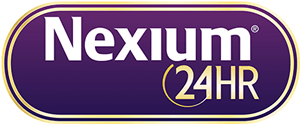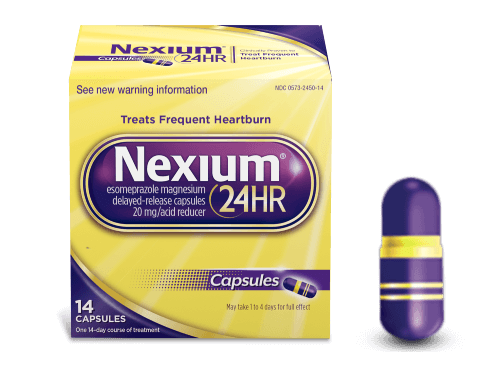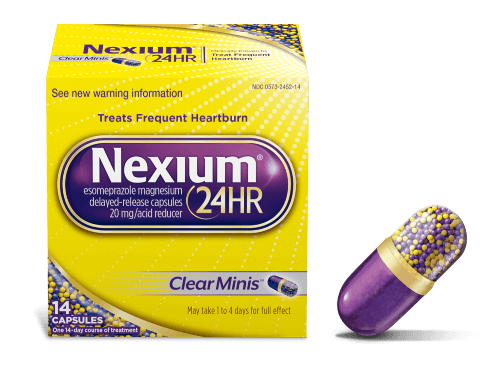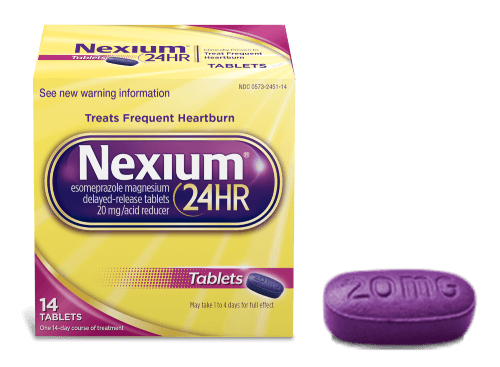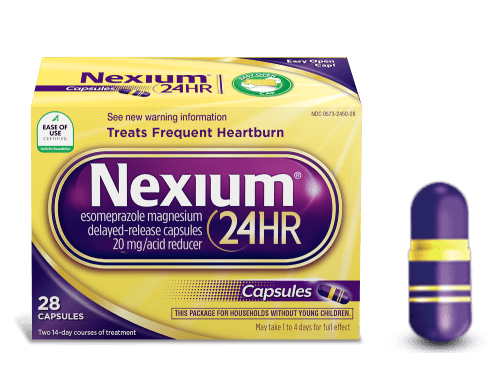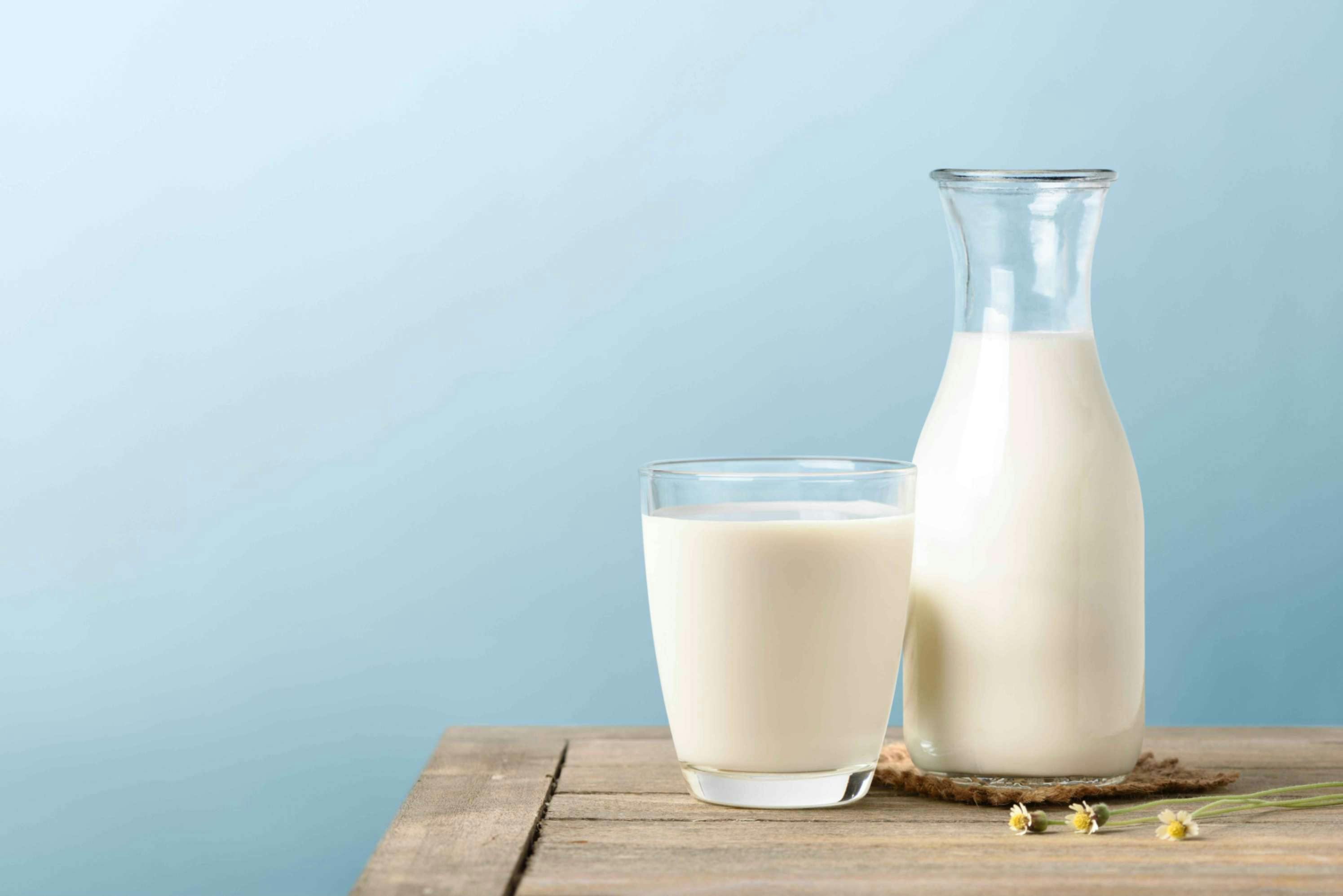If you experience heartburn, you may have heard someone suggest drinking a glass of cold milk to get relief. But does milk actually stop heartburn, or is this heartburn home remedy completely off track?
Below, we investigate the connection between heartburn and milk and debunk this common myth once and for all.
Milk Might Make Your Heartburn Worse
While the idea of drinking milk to sooth an acidic stomach might seem like a good idea, in practice it’s one of those home remedies that doesn’t actually help and can, in some cases, make matters worse.1
Dairy: A Common Trigger Food
One reason that milk can actually make heartburn symptoms worse is the dairy factor. Dairy—particularly full-fat dairy—is one of the common trigger foods that can induce acid reflux.1,4
In fact, many people try cutting dairy out of their diets altogether to help manage heartburn symptoms. With that in mind, drinking a glass of milk to sooth your heartburn is, unfortunately, a myth.
The Science Behind a Full Stomach
A second reason why drinking a glass of milk may end up making your heartburn symptoms worse is due to another common trigger of heartburn: having a full stomach.2,4
Because having a stomach that’s too full can put undue pressure on your lower esophageal sphincter (LES),2 it’s often cited as a common trigger for heartburn. The LES is a muscle that functions similarly to a valve. When functioning properly, it will keep stomach acid where it belongs—in the stomach. When the LES is not functioning properly, stomach acid can back up into the esophagus and cause the painful burning sensation we associate with heartburn.2 Eating too much or too quickly can also put pressure on the LES and trigger heartburn symptoms.2
Though a glass of milk may seem small, an 8-oz. glass of whole cow’s milk contains 149 calories, 7.5 grams of protein, and 4.5 grams of fat.5 Therefore, adding a glass of milk to an already-full stomach will not relieve your heartburn and might actually make your symptoms worse.
What Actually Relieves Heartburn?
While drinking a glass of milk will not stop your heartburn, there are plenty of ways to find relief for your symptoms. If you want to go the home remedy route, chewing a piece of sugarless gum might do the trick.2
There are also a number of lifestyle changes that you can make to help address your heartburn:
- Trade out your tight-fitting clothes for looser items that don’t put pressure on your stomach.4
- If you smoke or use tobacco products, quit as soon as possible—cigarettes and tobacco products can weaken the LES.4
- Don’t go to bed with a full stomach (avoid eating within three hours before lying down)2,4
- Try to eat smaller meals more frequently.2,4
Now you know that dairy is a common food that can trigger heartburn. But it’s not the only one. Educate yourself on other heartburn triggering foods—such as peppermint, tomatoes, chocolate, and carbonated drinks like soda—and try to reduce your intake.4
Talk to your doctor about swaps you can make to develop eating habits that are heartburn friendly.
For frequent heartburn, you can also take a proton pump inhibitor, such as Nexium 24HR. Nexium 24HR blocks acid directly at the source to provide relief from frequent heartburn—no matter what triggers it.
- GERD Diet: Foods That Help with Acid Reflux (Heartburn). Johns Hopkins Medicine. https://www.hopkinsmedicine.org/health/wellness-and-prevention/gerd-diet-foods-that-help-with-acid-reflux-heartburn
- 11 stomach-soothing steps for heartburn. Harvard Health Publishing. https://www.health.harvard.edu/staying-healthy/11-stomach-soothing-steps-for-heartburn.
- Breaking up with your favorite foods. Harvard Health Publishing. https://www.health.harvard.edu/diseases-and-conditions/breaking-up-with-your-favorite-foods
- Heartburn. MedlinePlus. https://medlineplus.gov/ency/article/003114.html.
- Milk. Harvard T.H. Chan School of Public Health. https://www.hsph.harvard.edu/nutritionsource/milk/
- Heartburn. Mayo Clinic. https://www.mayoclinic.org/diseases-conditions/heartburn/diagnosis-treatment/drc-20373229
